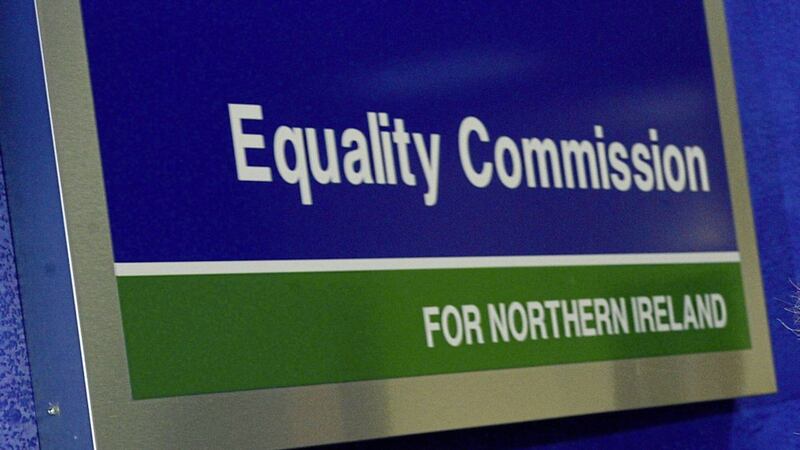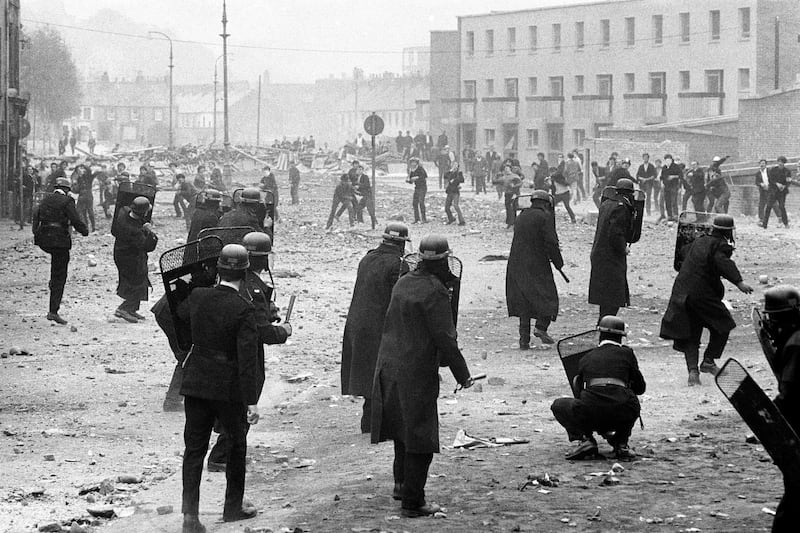THE Equality Commission has called for gender pay gap reporting to be extended to Northern Ireland "as a matter of urgency".
In Britain, employers with more than 250 staff are now required by law to annually publish their gender pay gap figures, with the first set due by April this year.
But similar regulations have not been enforced in Northern Ireland amid the absence of a functioning Stormont executive.
The gender pay gap is the difference between average earnings for men and women across an organisation.
The Equality Commission said reporting the gap would be a "step towards ensuring more equal workplaces".
"In Northern Ireland, the Employment Act (NI) 2016, which provides for the making of the gender pay reporting regulations, is yet to be progressed due to the lack of a functioning executive here," a spokeswoman said.
"It is imperative that these regulations are brought forward in Northern Ireland as a matter of urgency.
"As we have seen in Great Britain, this legislation will lead to greater transparency by requiring employers in Northern Ireland to publish information showing whether pay disparities exist in their workforce and, if they do, employers will be required to publish an action plan to eliminate any gender pay differences."
DUP South Belfast MP Emma Little-Pengelly blamed the absence of a Stormont executive.
"The fact that Northern Ireland will lag behind on these issues because we do not have a functioning executive is particularly shameful," she said.
"It is another clear demonstration that rights-based issues in Northern Ireland are being hampered, not advanced by those who continue to block the restoration of devolution."
However, Alliance deputy leader Stephen Farry suggested the previous DUP and Sinn Féin-led executive had failed to act before Stormont's collapse.
The North Down MLA said that as employment and learning minister, he brought the matter forward as part of the 2016 Employment Act, but this was not progressed after Alliance left the executive in that year.
"The legislation was specific in that regulations must be in place by June 2017. Significant work and a public consultation would be necessary to meet this deadline. There is no evidence of that work having been taken forward," he said.
The Equality Act 2010's pay gap regulations apply to Britain only, but employers based in Northern Ireland could fall within the scope of the regulations if they have more than 250 employees based in Britain.
Although the UK gender pay gap is 18 per cent favouring men, in Northern Ireland women on average earn 3.4 per cent more than their male counterparts.
Statisticians have suggested this is partly due to the north's higher proportion of public sector jobs compared to Britain.
In Northern Ireland, employers are subject to laws preventing them from discriminating against staff on the grounds of religious belief or political opinion.
They must also submit annual monitoring returns on their workforce composition to the Equality Commission.







